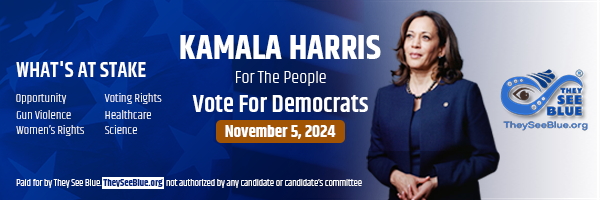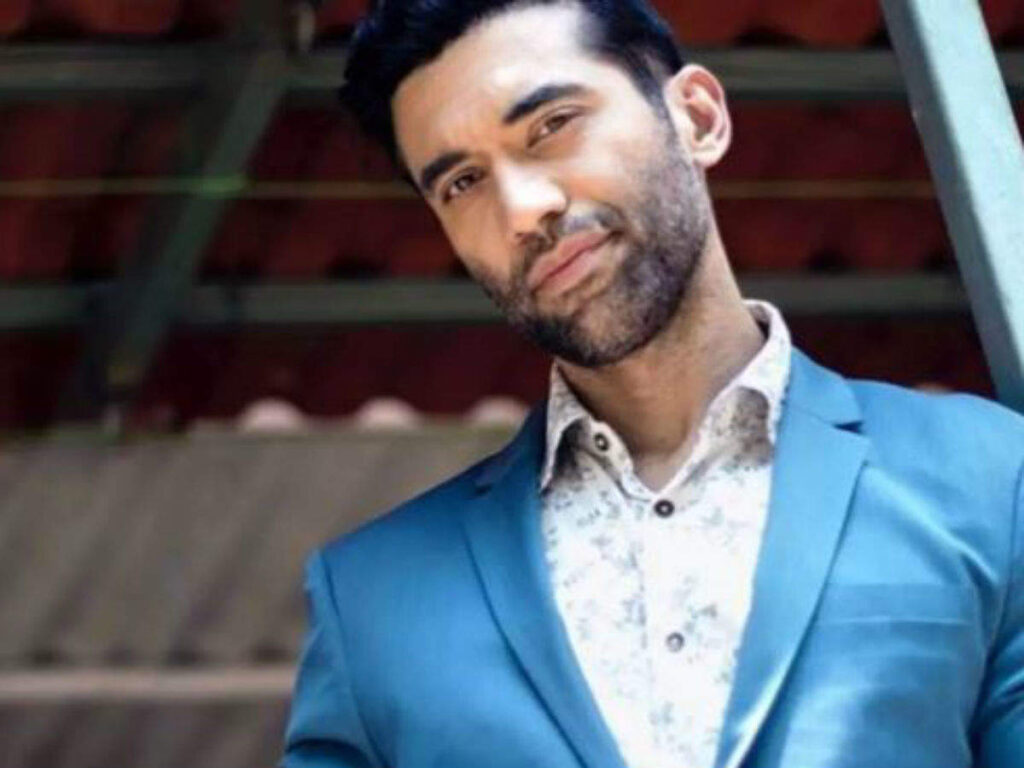
When stars are in front of the camera or when they post on social media, their lives seem like the epitome of glamour.
Yet, there’s a stark contrast when you look at the other side of showbiz — the daily struggles and the unpredictable nature of the job. Anxiety at times leads to depression and other mental health issues.
The news of television actor Kushal Punjabi committing suicide on December 26 was a rude awakening for the friends and colleagues who have known him for years. According to reports, Punjabi was found in his Mumbai residence, with the police ruling his death by hanging.
“Your demise has shocked the hell out of me. I’m still in denial, Kushal Punjabi. I know you are in a happier place, but this is unfathomable. The way you lead your life really inspired me in more ways than one … but what was I to know,” wrote friend and fellow television actor Karanvir Bohra.
“Guess it’s true when they say, ‘the happiest faces hide the most saddened hearts’. Seeing your spirit and zest for life, never in my wildest dreams would I have thought that you will bid your final goodbye to life in a way that will send a chill down our spines every time we think of you,” posted actor Karan Patel on Instagram.
Punjabi’s suicide brings back the conversation around celebrities struggling with mental illness and not finding the platform to talk about it openly.
Actress Jiah Khan allegedly couldn’t cope with professional and personal issues and ended her life in 2013. It was later when stories of hardship and abuse surfaced, with Khan’s mother holding actor Sooraj Pancholi accountable for the death. The legal proceedings over her death are still ongoing.
TV actress Pratyusha Banerjee also found herself in a turbulent love affair and ended her life, as did model and TV presenter Nafisa Joseph, Viveka Babajee and Kuljeet Randhawa.
Telugu star Naga Jhansi committed suicide due to lack of work, financial pressures and personal issues, while dancer Abhijeet Shinde took his life after a battle with depression.
“Most people even today have a lot of stigma. They go through a lot of discrimination in their heads … A lot of people are not able to come out and speak up because of various hesitation. One of the reasons is the age old stereotyping around mental illness which still exists. It is better but it exists, then accessibility is an issue,” psychiatrist Samir Parikh said.
Social media feed is not a mirror to one’s mental health.













